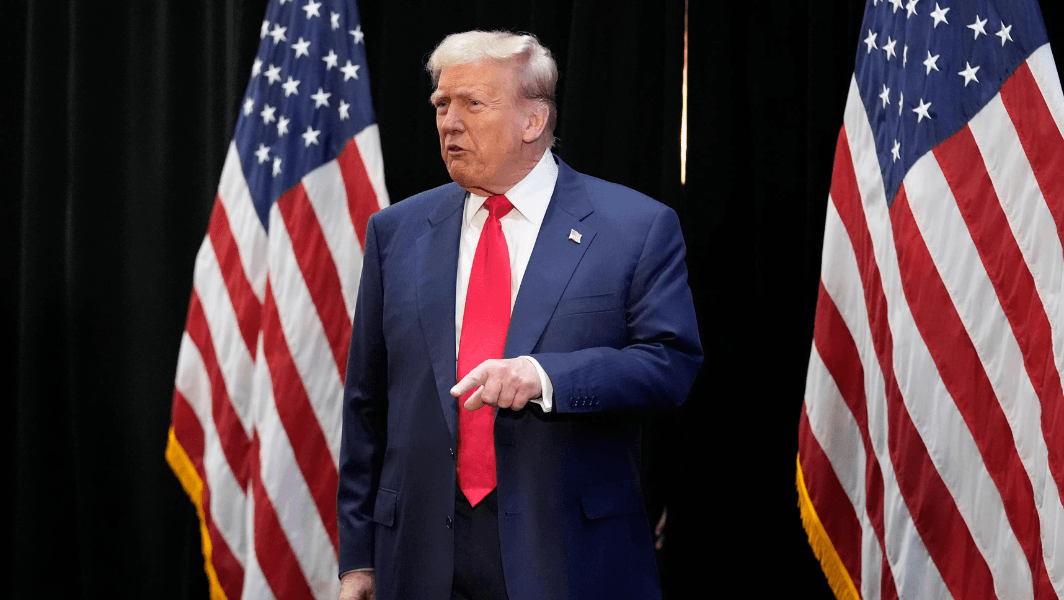
Understanding Trade Wars: Tariffs, Retaliation, and Economic Fallout
How Global Conflicts Over Trade Policies Impact Markets and Consumers
A trade war occurs when countries impose tariffs or other trade barriers on each other’s goods in a bid to protect domestic industries, often leading to economic tensions and retaliation. These conflicts can escalate as nations respond with countermeasures, impacting businesses, jobs, and consumer prices worldwide.
Tariffs—taxes imposed on imported goods—are the most common tool used in trade disputes. Governments implement them to make foreign products more expensive, encouraging consumers to buy domestically. However, targeted countries typically retaliate with their own tariffs, creating a cycle of economic pushback that affects supply chains and global markets.
Recent trade wars, such as those between the U.S. and China, have demonstrated how these economic battles can disrupt industries, from technology to agriculture. While some nations use trade restrictions as leverage in negotiations, prolonged conflicts can strain international relations and slow global economic growth.
As trade tensions rise, experts warn of potential long-term consequences, urging diplomatic solutions to prevent further economic instability.
For any enquiries or information, contact info@thelawreporters.com or call us on +971 52 644 3004. Follow The Law Reporters on WhatsApp Channels